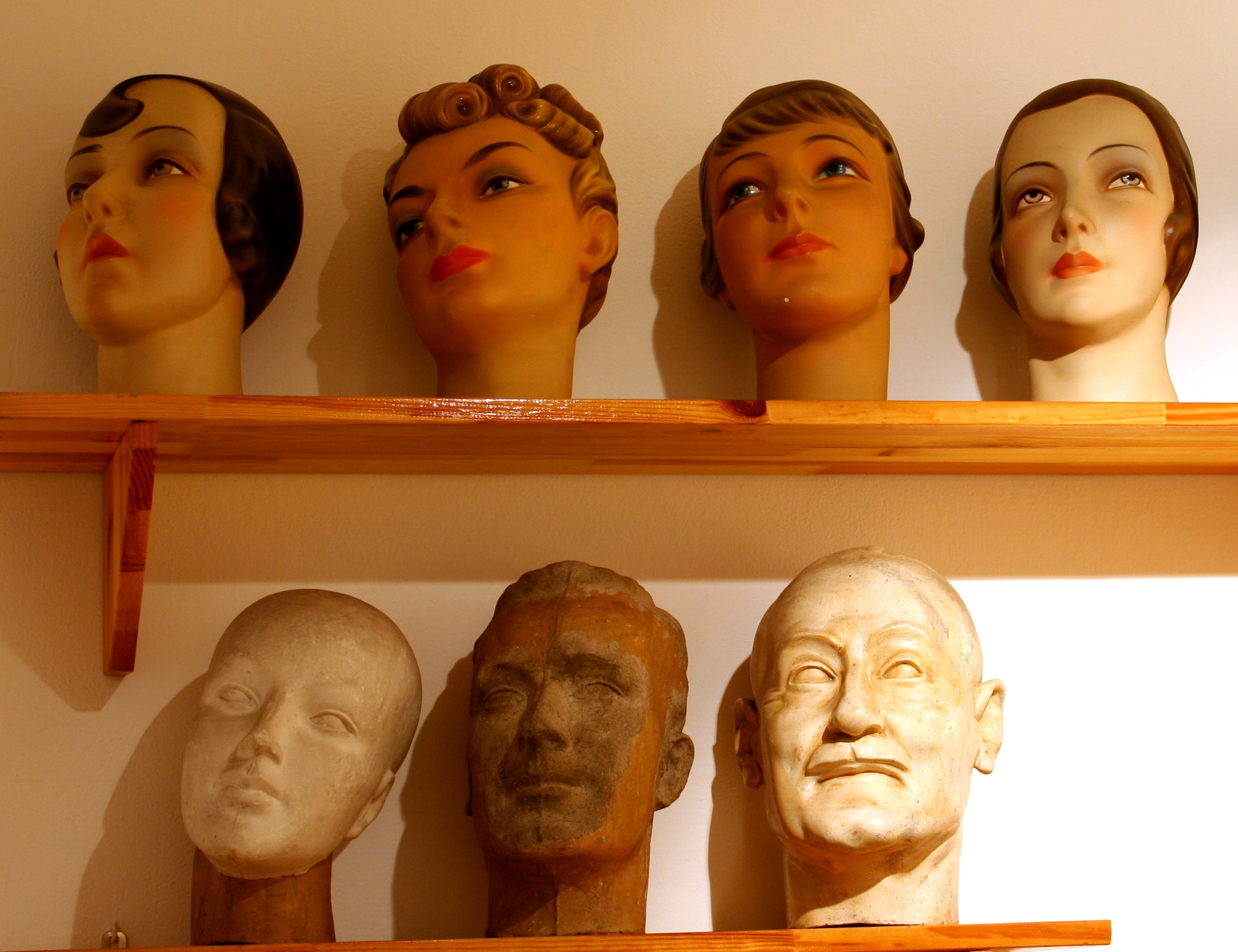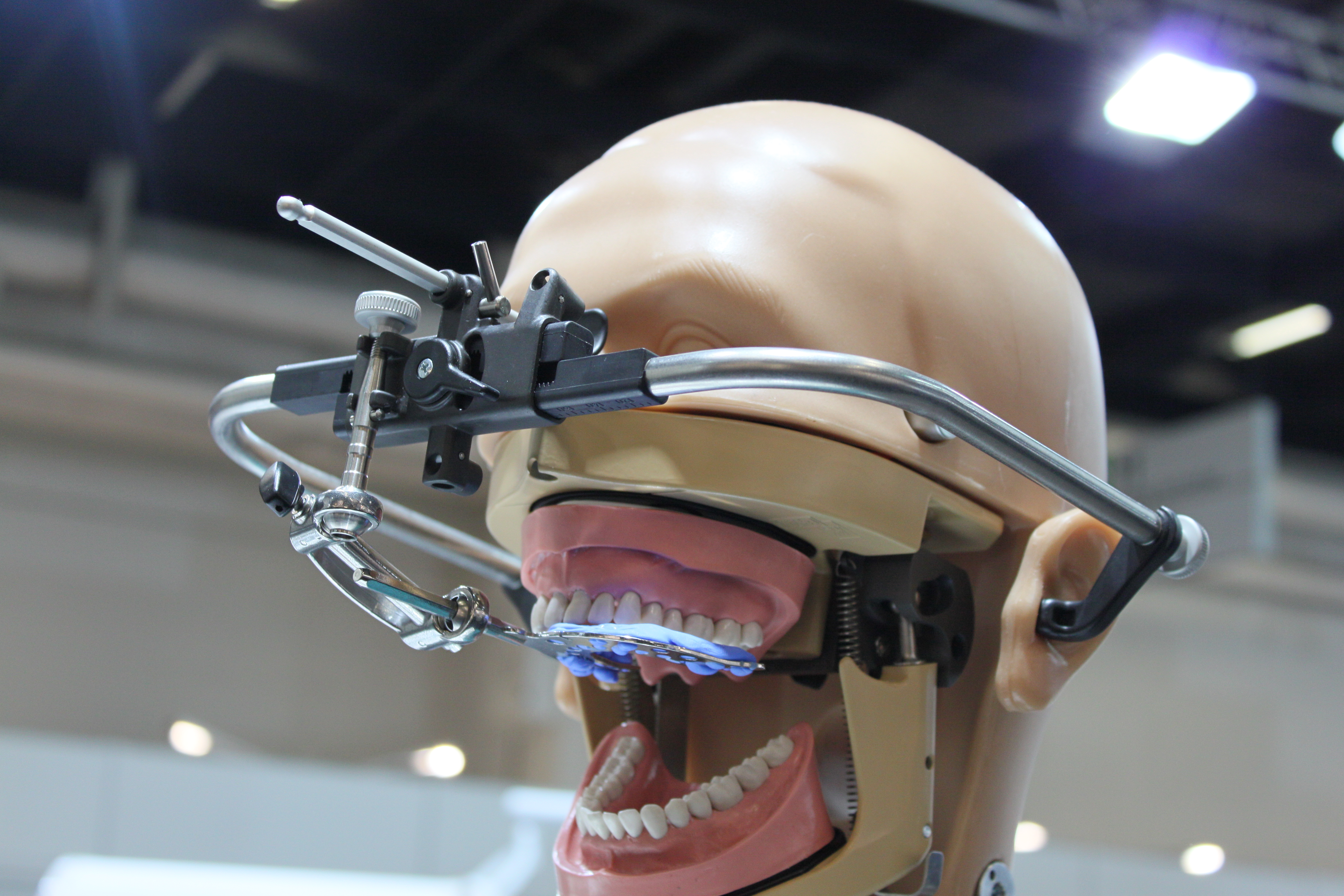The Lunacy Commission of 19th-century New York had its hands full with the Ward’s Island Insane Asylum, since the guards were especially brutal and the patients exceedingly troubled, as evidenced by the following stories about the facility which were published in the Brooklyn Daily Eagle.
••••••••••
“A Greenpoint Man Says Rag Soup Was Served To The Inmates” (June 26, 1894): “The state lunacy commission resumed its investigations into the condition of the insane poor on Ward’s and Blackwell’s Islands this morning in the Park Avenue Hotel, New York.
Henry P. Bradley of 1,544 Broadway, manager of a grocery firm, who spent several months in 1891 in Ward’s Island Asylum, testified to repeated acts of cruelty on the part of the attendants. John McSweeney, a resident of Greenpoint and an attendant at Ward’s Island in 1891 and 1892, testified to irregularities in the asylum, such as allowing patients to bathe in the same water and to the serving of soup which contained pieces of muslin and clothing to the patients.”
••••••••••
“One Ward’s Island Inmate Brains Another” (April 26, 1880): “Charles Denzer, an inmate of the Ward’s Island Lunatic Asylum, murdered Terrence Shields, another patient, on Friday, in a fit of sudden violence. Denzer is a miner. In 1971, immediately after his arrival in this country he was sent to the emigrant asylum, and in 1874 was transferred at Ward’s Island, where he has remained since. Shields was by trade a plasterer. Like Denzer he was a hopeless lunatic. Previous to 1865 he lived at No. 850 Washington St, New York. In that year he was sent to Blackwell’s Island Insane Asylum, and in the fifteen years he has spent there and on Ward’s Island his friends have gradually lost sight of him and left him to his fate. Both men were considered quiet and harmless. Though Denzer had twice attempted to take his own life, he never made any demonstrations of hostility toward other patients.
On Friday morning, as the men were about to begin the day’s work, Keeper Thomas Keenan called Denzer and asked him to take from a closet next to the pantry a long and heavy window stick, which he wanted to use. Denzer went to obey the order. Shields sat by the door of the closet reading, and held it open until Denzer came out. His head was bent, and he did not observe Denzer, who, without a word, lifted the heavy stick and brought it down upon his head with great force.”
••••••••••
“An Inventor Goes Insane” (December 8, 1895): “George E. Fleet, an inventor, of 77 Roosevelt Street, New York, was sent to Ward’s Island Insane Asylum yesterday. Fleet went crazy trying to invent a patent bottle which, when emptied of its contents, could not be refilled.”




















